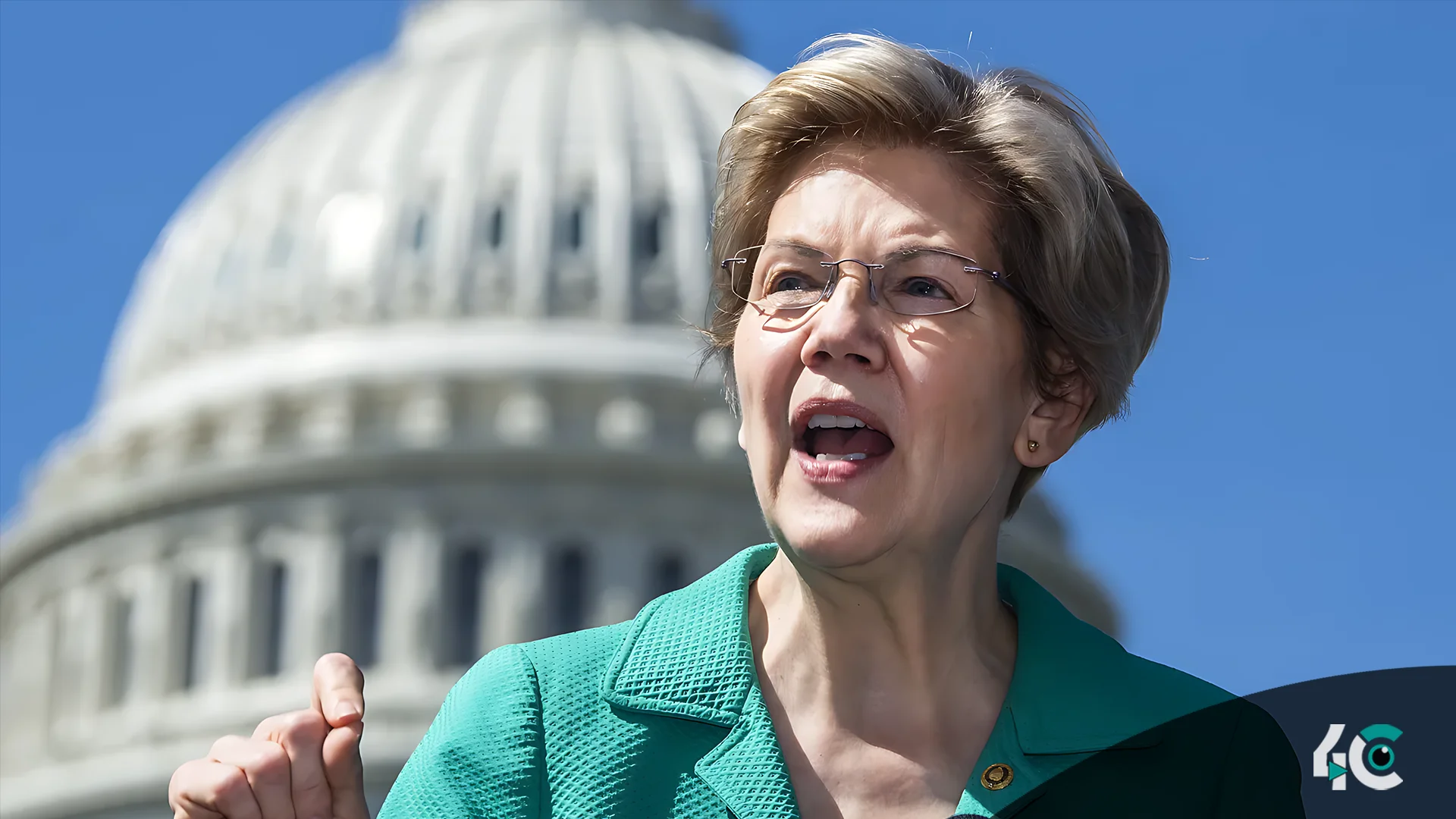Elizabeth Warren, a strong opponent of cryptocurrencies, will become especially important as the ranking member of the Senate Banking, Housing, and Urban Affairs Committee. This committee, which oversees financial regulatory authorities like the SEC, primarily shapes the regulations that control digital assets.
Warren’s appointment follows the November 2024 loss of Ohio Senator Sherrod Brown, who had headed the committee, in his reelection campaign. Warren, a well-known opponent of digital currency, has long argued for more crypto industry rules. She has advocated the enactment of anti-money laundering rules requiring wallet providers, validators, and crypto miners—all of which follow know-your-customer (KYC) policies.
These ideas would fundamentally change the way the sector runs, giving consumer protection and openness top priority while maybe running counter to its focus on privacy.
Warren’s ascent to the head of the Democratic committee followed a high-stakes election campaign in which PACs funded candidates such as Bernie Moreno, who defeated Brown, and spent millions. The industry’s involvement in this contest spurred important debate, especially following Warren’s triumph against John Deaton, her opponent, in Massachusetts. Under Republican control of the Senate Banking Committee, Warren’s position as the top Democrat will shape the upcoming crypto laws.
Although the crypto sector would prefer a more favorable legislative environment, Warren’s firm stance on consumer protection and financial transparency suggests that more stringent laws may be imminent. Her leadership is likely to shape the direction of future regulatory systems when the 2025 Congress session begins; stablecoins and anti-money laundering regulations may eventually take center stage.


































